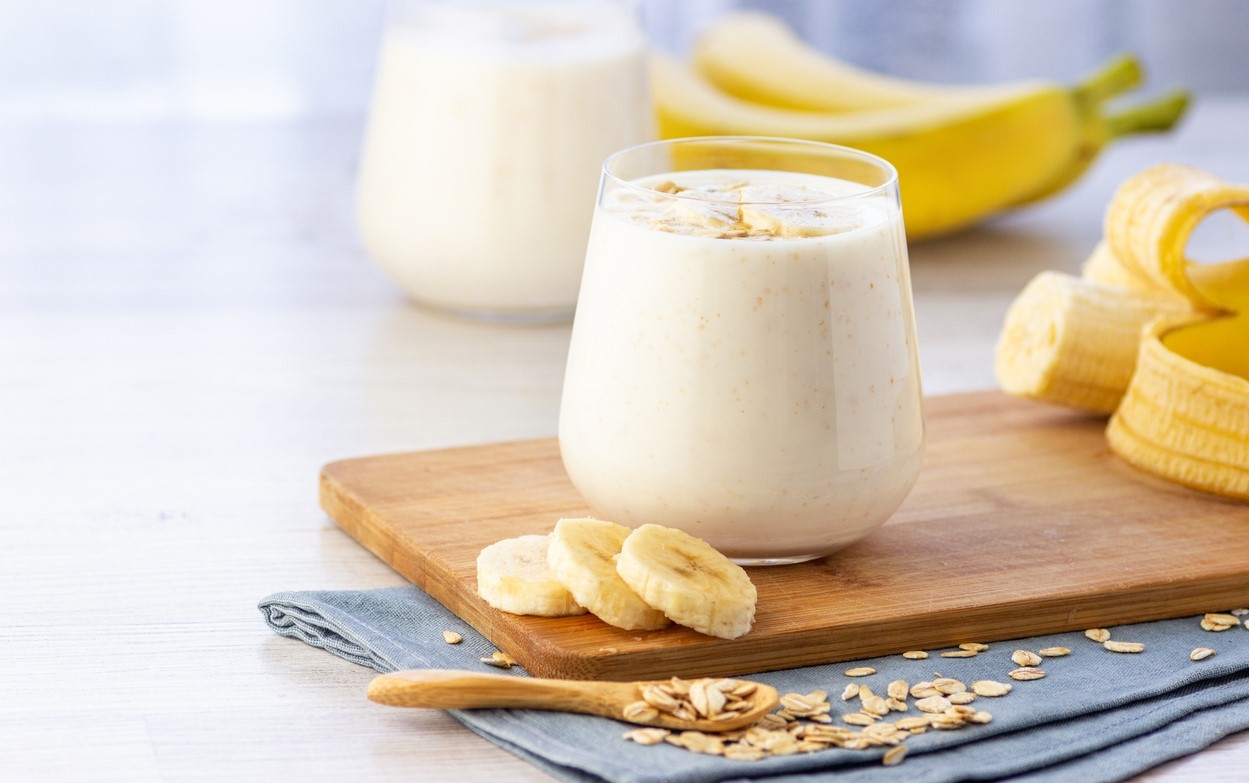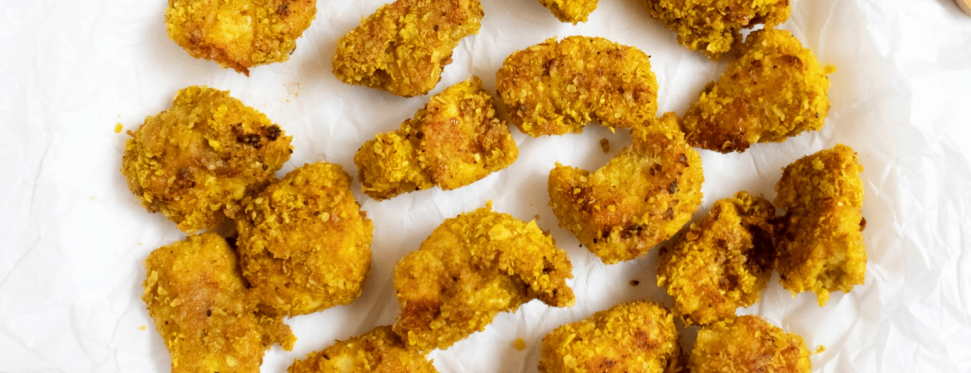
Versatile oats are good for your heart and so much more!
Above: Gluten free, vegan, banana-oat smoothie! (PHOTO: Dmitrii Ivanov, istock)
January is oat month and although February is just around the corner, I feel there is still time to celebrate the importance of oats. So, this week we are be looking at the various ways to integrate oats into our diets, the health benefits that are linked to them, and the various storage options.
Oats originated in Europe and were first farmed primarily to feed cattle. They became a staple in the UK, as the wet and cool climate is well suited to their needs. Oats made their way to North America with the first settlers in the early 17th century and were once again used mainly for animal feed.
The types of oats available vary depending on how much they have been processed: the less processed the oat, the longer it takes to cook them.
Oat groats – is when just the hull has been removed and the seed has then been cleaned, ready to be cooked.
Steel-cut oats – this is when the oat groat has simply been cut into several pieces with a steel blade. When cooked, it has a slightly nutty flavour but the oat groat may not cook evenly as the the sizes tend to vary.
Rolled or traditional oats – these have been steamed, flattened, and rolled into flakes of oats, then dried to remove the moisture.
Quick oats – these have been cut and steamed into very thin flakes so that they cook extremely quickly, however, they are often sweetened or flavoured so do check the ingredients for any hidden sugars.
There are various health benefits to adding oats to your diet: they are a good source of protein and contain both soluble and insoluble fibre which means that they are great for our digestive health, providing bulk that helps to clean out our gut as well as feeding the good bacteria, which in turn support our immune system. The beta-glucans (a form of fibre) provide bulk to our stool and this can help to reduce the bad cholesterol in our diet. The excess cholesterol is absorbed by the fibre in the oats and then carried out of the body1. Oats are also very beneficial for our heart health reducing the amount of fat that enters our body through our digestive system.
High in fibre, oats are great for those suffering from type 2 diabetes. They provide the body with a slow release of energy therefore avoiding those sugar ‘highs’ and ‘lows’ with the added bonus that they help to keep us feeling fuller for longer.
Oats are also a great source of antioxidants including polyphenols, which can help to reduce inflammation in the body.
For those that are gluten intolerant, oats are a great pantry staple. But if you have celiac disease, it is important to check if your oats are certified gluten free — oats do not contain gluten but cross-contamination can occur during processing.
You can easily store oats in your pantry for about four months or you can freeze them for up to eight months.

Oats are so versatile, they can be added to cookies, smoothies, and muffins. They can be eaten raw or cooked. I often add about 100 grams of oats to most cookie recipes, adjusting the liquids as needed. I love the fact that they add a little more bulk and give the cookies a crunchy texture. You can even make oat flour by simply putting oats in your blender for several minutes until you reach a nice floury consistency, then use for baking. Oats can also be used in savoury dishes, these turmeric chicken nuggets are a great family favourite and are so easy to make just add some roasted vegetables to go with it in the winter and side of brown rice.
Send your nutrition questions to susan@susanalsembach.com








